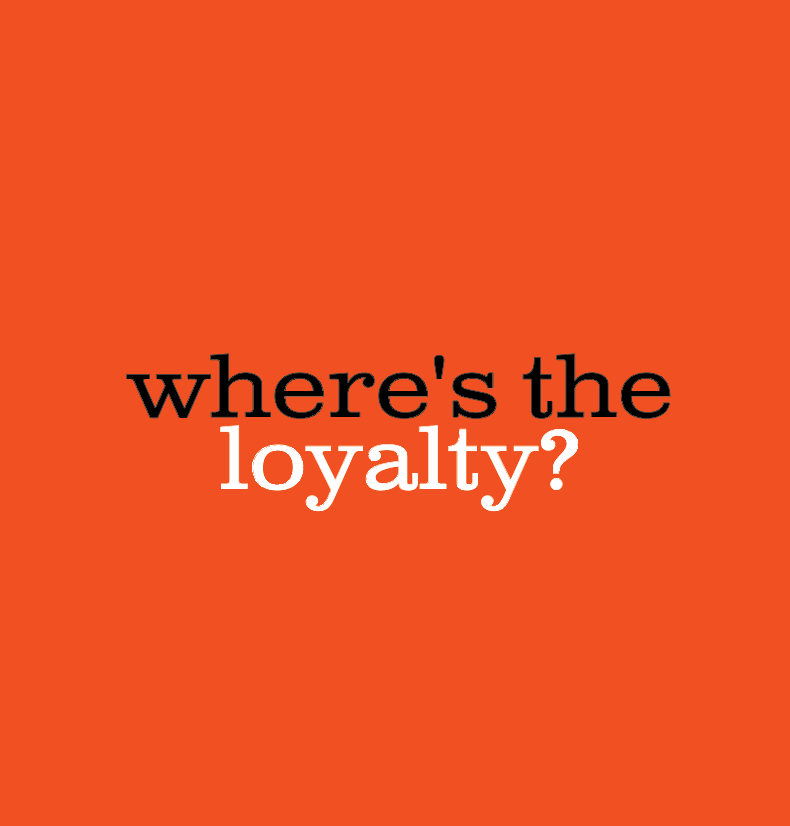Consumer Loyalty
- Julie Boake

- Sep 25, 2025
- 2 min read
When I was 16, I opened a bank account at Scotiabank. I used it as my primary bank account, obtaining loans for my first and second car, and eventually my first mortgage. I maintained a near-perfect credit score, even as a young adult with a credit card.
The 90s and 2000s were different. I knew my 'banker', whose name was Eurnice, and she was great. I once needed verification and I knew that as long as I put her name on it, she would vouch for me. It was handy when I lost my card and needed to withdraw a bit of cash while away. There was trust, loyalty and a benefit for it all.

When I got married, we thought it might be smart to have another bank account for savings, so we would not immediately access or see (out of sight out of mind), so we joined ING Direct (now Tangerine). They had a high-interest-rate promotion that we couldn't resist.
They ran that same promotion for new clients annually.
It was not the 90s anymore; the marketing mindset has shifted from 'a bird in the hand is worth 2 in the bush' to grow grow grow, focus on bigger.
It wasn't just banks, my cable company, utilities, and internet... all of my providers seemed to be offering bonus cash to electronics to move to them.
Suddenly, loyalty didn't matter; new customers mattered.
I have built my career in marketing, I know keeping customers is valuable, and making stakeholders happy is also valuable - so attracting new customers for attrition and growth matters just as much.
So what is the right focus? Customers won't be loyal if there is no benefit to being loyal, which is what we have trained them to believe. We've shown shiny objects to get them to move, but nothing to keep them where they are.
This is not a blanket rule, just an observation. There are companies with loyalty cards that do a great job (minus all the ones that keep making using your rewards harder and harder or make the goal posts so far that it's hard to reach).
During the pandemic, we wanted to be loyal to our community, if not just to one business, but Amazon also had increasing sales, and for those in lockdown, it was easy to get things delivered, no contact, no cost to your door. We were not loyal to businesses because it was a revolving door of who was open and who was not. When we did venture out, we just went where we could.
We've lost loyalty for the most part, and it was trained out of us. Now when we try to leave we are tempted by new deals and offers as an incentive, new plans, new models all but the one that would have kept us in the first place - rewarding loyalty.
As we move forward, remember what you value.




Comments